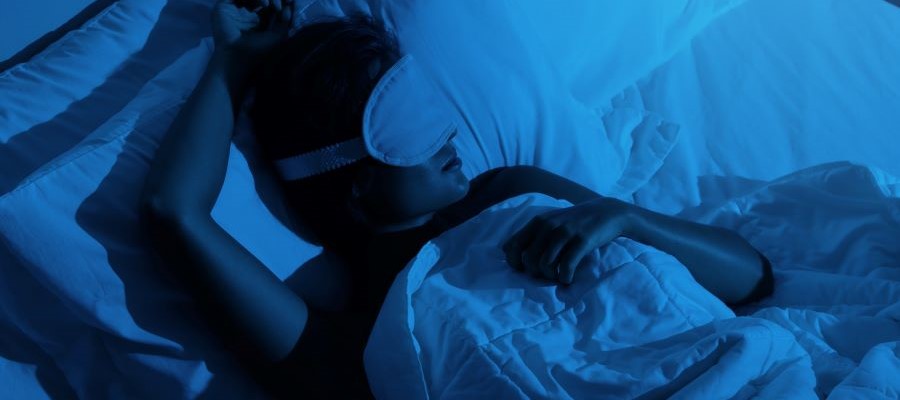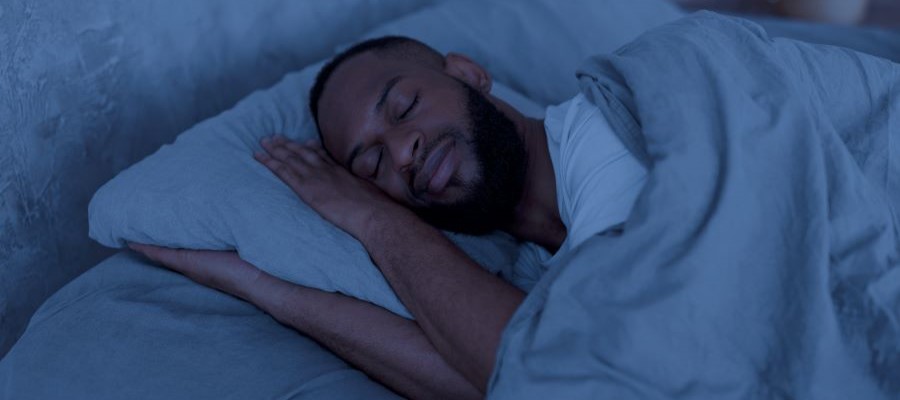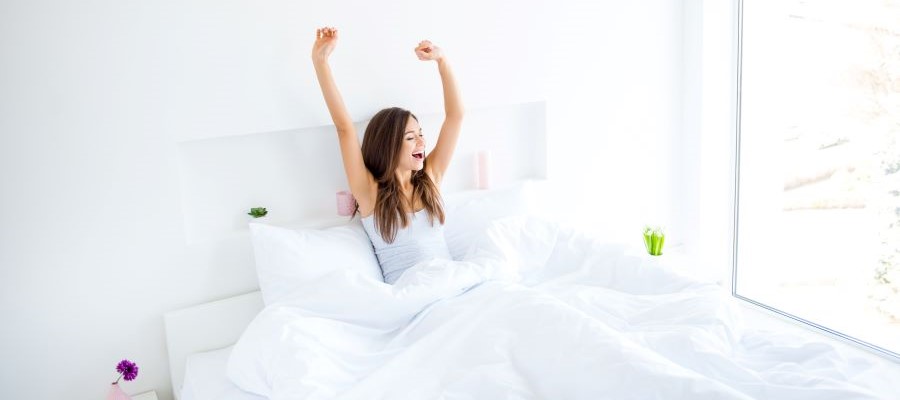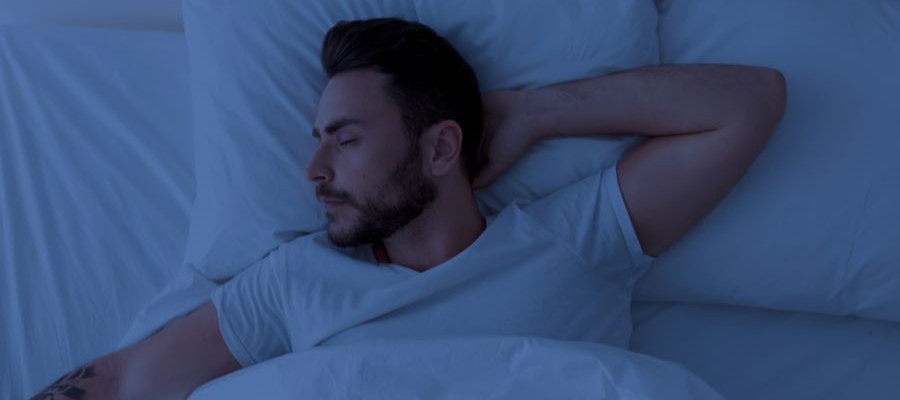How much deep sleep should I get?
Sleep, absolutely essential for all people, is inter-connected with every function of our physical, mental, and emotional being. During sleep, our bodies restore, build and grow new cells and connections. Our brain flushes out toxins that accumulate during the day so we can start fresh in the morning.
When we do not get enough sleep, we don’t get the reset that we need to keep functioning at top levels. Our body systems get clogged and start to break down. This makes us more susceptible to illnesses, fatigue creeps in, our minds get foggy and our emotional tethers are shortened.
Not all sleep is equal
There are four stages of sleep – 3 stages of non-rem (NREM) sleep and REM sleep. Researchers have identified these stages by studying the different brain activity that occurs during the stages.

Non-REM Sleep
Stage 1: This is the period where you transition from wakefulness to sleep. This stage typically lasts less than seven minutes.
Stage 2: This is the stage where you are now asleep, otherwise referred to as light sleep. We experience a drop in body temperature which helps us relax our muscles and slows our heart rate and breathing.
Stage 3: This stage is also called slow-wave sleep or deep sleep. Breathing, pulse and muscle tone decrease as you relax more. Stage 3 sleep is the most restorative stage of sleep. Researchers believe this is when we recover, grow and consolidate memories and creativity.
REM Sleep
REM sleep is a very active time for your brain. Brain activity is similar to when you are awake. It is the time when your eyes twitch and your muscles relax in order to prevent you from trying to act out what is happening in your dreams. Your body doesn’t regulate its temperature effectively during REM sleep, which is why you may feel cold if you wake in the early morning hours. Our breathing may be a little irregular and our heart rate increases.

Read also: The connection between endorphins, sleep and memory
How much time do I spend in each stage of sleep?
During sleep, we cycle through each stage of sleep in a loop. It takes approximately 90 minutes to cycle through each stage of sleep once. Through the night, we typically go through four to six sleep cycles.
The amount of time we spend in different stages of sleep changes through the night. In the first part of our nightly sleep, we tend to get more Stage 3 sleep. This deep sleep strengthens our immune systems and is believed to contribute to our mental processes such as creative problem solving.
Most of the deep sleep we get occurs in the first half of the night. As we continue to sleep, the deep sleep stage decreases and is replaced with longer stretches of REM sleep.
Towards the early morning hours, our sleep cycle shifts to include more REM sleep. This may explain why you can remember vivid dreams upon waking, although it can be hard to hold on to the dreams we have. REM sleep is important because of its role in processing emotions, consolidating memory — when we move what we’ve learned from short- to long-term memory –brain development and learning.
In total, we spend approximately half of our sleep in light sleep and between 20-25% in both deep sleep and REM sleep.
What if I don’t get enough deep sleep?
If you feel tired upon waking in the morning, you may not be getting enough restorative sleep.

Read also: How much sleep do I need?
If you have a solid bedtime routine, you might try incorporating one of the following tips to try to increase the amount of deep sleep you get each night.
- Take a hot shower: Cooling your core body temperature may help you fall into deep sleep faster. When our body hits the cooler air upon coming out of a hot shower, it kicks our body into gear and we experience a quick drop in our core body temperature, similar to what we experience during Stage 2 sleep, just before dropping into Stage 3 or deep sleep.
- Turn off electronic devices: Anything with a screen should be put away 1-3 hours before bedtime. Some people are more affected by blue light (the type of light emitted by our tv, cell phone, tablets, etc.) so a longer break from screens before bedtime can help.
- Reduce bright lights: Bright overhead lights and lamps can also inhibit our body from producing melatonin, which signals to our body that it’s time to go to sleep.
- Check your thermostat: Keep your bedroom temperature around 65°F (18°C). A bedroom that is too warm will decrease deep sleep.
- Exercise in the morning: this one is a toss-up as some people are not affected by workout sessions late in the day. However, if you are struggling with your sleep after working out in the afternoon or evening, you might try moving your exercise sessions to the morning. This can help ensure your body has enough time to bring down the elevated physical stress on your body.

There is no magic wand to change sleep
Sleep is complicated and there are many things that influence, disrupt and affect our sleep. Consistency is key and prioritizing sleep to ensure the best quality and quantity of sleep can help you thrive during your waking hours. Just remember that, as with most things, it can take time. New habits can be hard to start and maintain but if you invest in your sleep, you will see the dividends soon.


